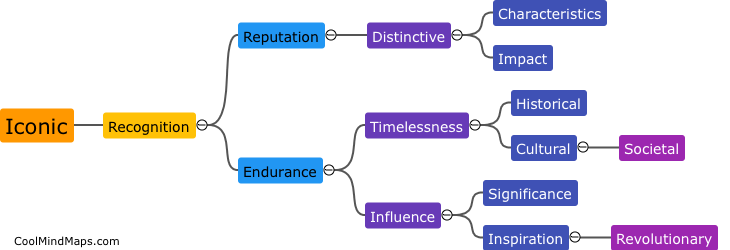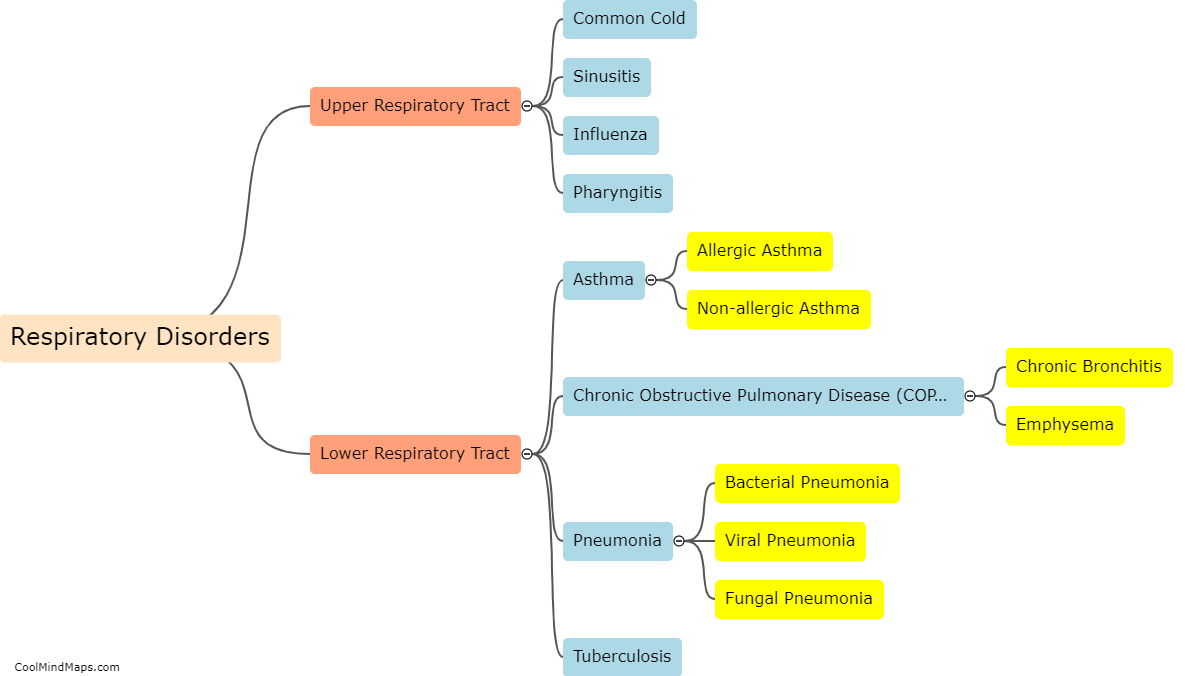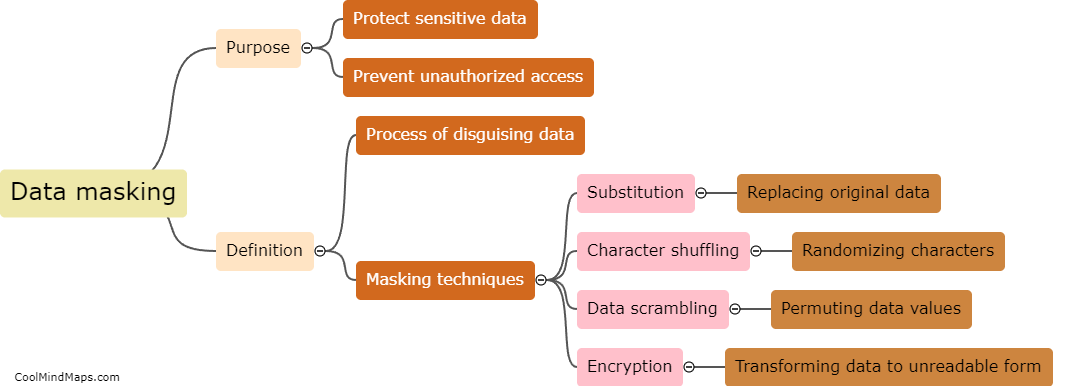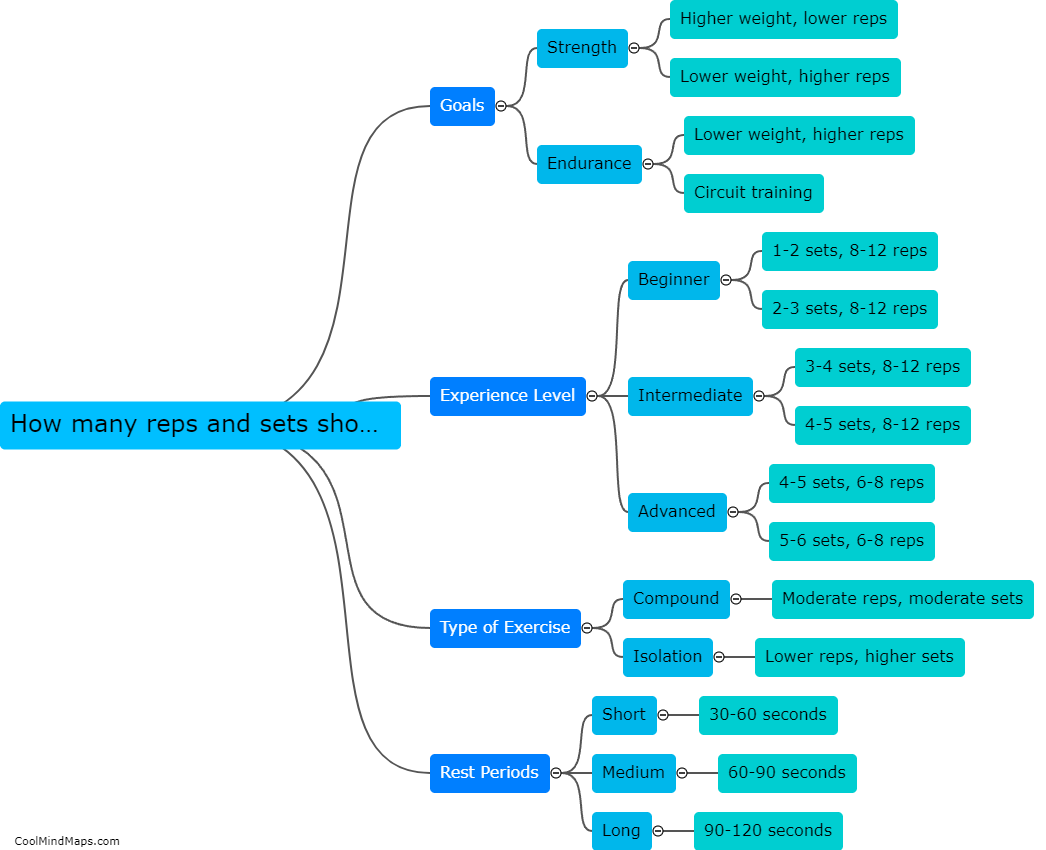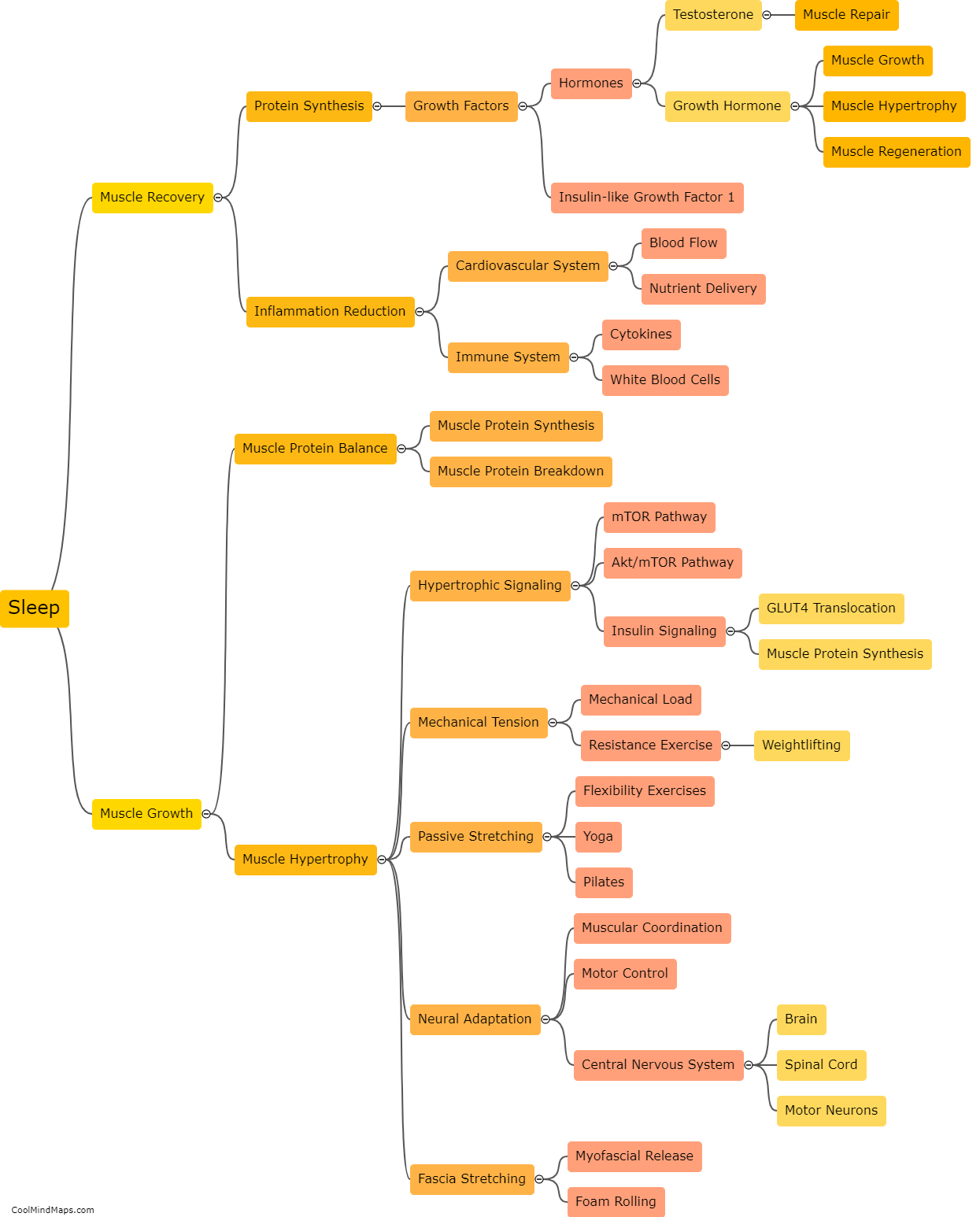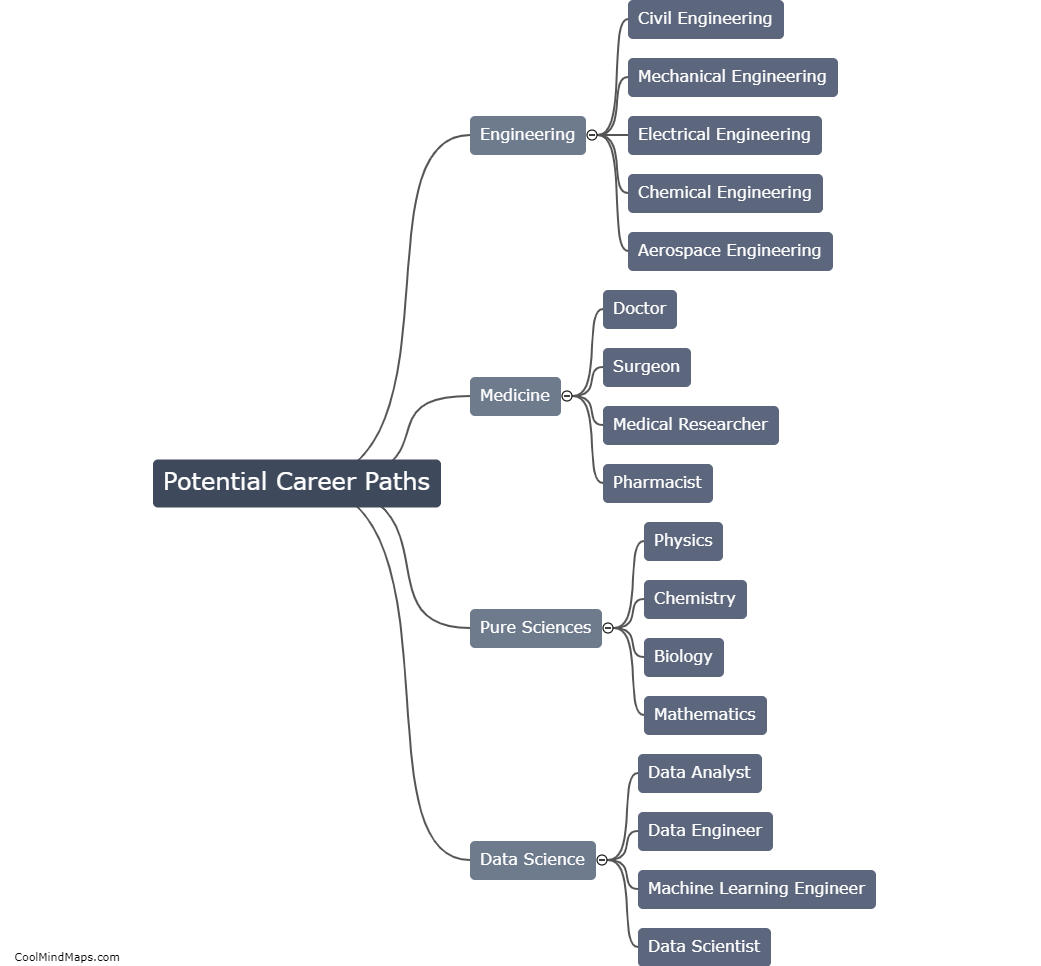How does genetics impact muscle growth?
Genetics plays a significant role in determining an individual's muscle growth potential. The presence of specific genes can influence factors such as muscle fiber composition, hormone levels, and protein synthesis, ultimately affecting the rate and extent of muscle growth. For instance, certain gene variants may enhance the production and utilization of muscle-building hormones like insulin-like growth factor-1 (IGF-1) and testosterone, leading to better muscle development. Additionally, genetics also determines the proportion of slow-twitch and fast-twitch muscle fibers, which can influence an individual's natural athletic abilities and response to various training modalities. While genetics sets the baseline for muscle growth potential, it is important to note that lifestyle factors such as exercise, nutrition, and recovery strategies can still greatly influence the extent to which an individual maximizes their genetic potential for muscle growth.
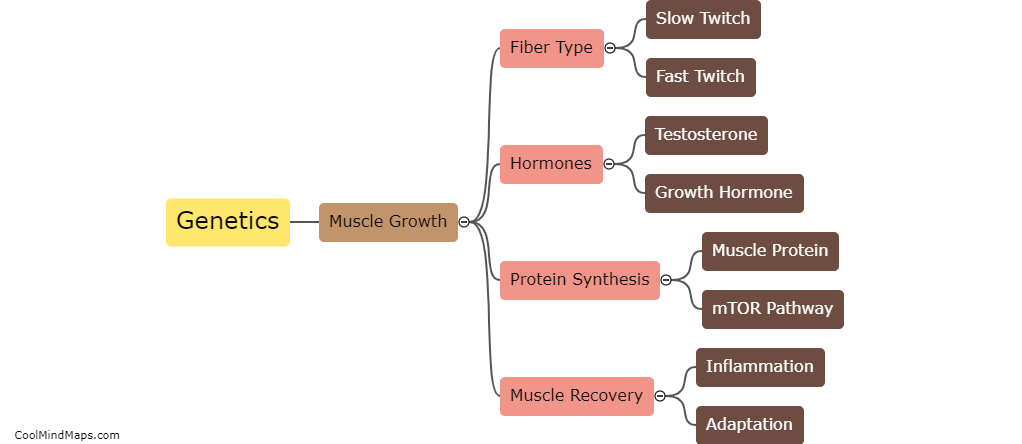
This mind map was published on 27 July 2023 and has been viewed 154 times.


